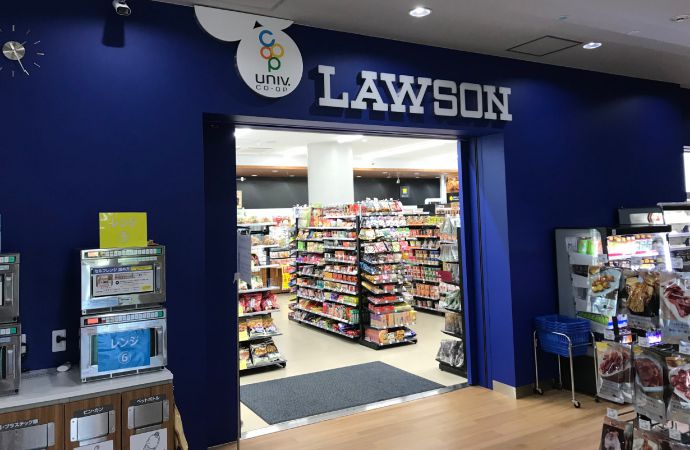According to the 2013 ‘Chilling Facts V’ report, which assesses 21 leading EU supermarket chains on their progress towards eliminating high-GWP HFCs from their fridges has found a significant rise in the number of stores adopting HFC-free refrigeration systems, including hydrocarbon plug-and-play units.

The fifth edition of the ‘chilling facts’ report released by the Environmental Investigation Agency (EIA) has shown a significant increase in retailer investment in natural refrigerants, in particular hydrocarbons and CO2. For example, the number of HFC-free or hybrid technology systems being used in UK stores has increased by 24 per cent compared to 2012, whilst in Europe the number of hybrid cooling systems across Europe has risen to 589.
Thousands of stores in Europe are using plug- and-play hydrocarbon units
In Europe, thousands of stores are using plug- and-play hydrocarbon units as their frozen food integrals. These include the following:
- Musgrave: has trialed a combined hydrocarbon-air hybrid system in its Budgens stores.
- Lidl: in 2011 the retailer was reported to be planning to use hydrocarbons technology in 200 stores. Chilling Facts V reports the retailer as having increased the number of HFC-free freezer cabinets by over 20%, bringing the total number to around 9,000.
- Waitrose: part of the John Lewis partnership, in 2012 Waitrose had over 74 stores running on hydrocarbons. According to Chilling Facts V this year the retailer has reached 98 HFC-free installations.
- Marks and Spencer: the British retailer has invested in R290 low-pressure receiver systems at its sustainable learning stores. Today the -natural refrigerant volume used on shop floors and back-of-house has quadrupled to almost 20% of total refrigerants used.
- Delhaize: is using hydrocarbon plug-in freezers in its stores in Romania.
- Iceland: is trialling a hydrocarbon chilled water refrigeration system.
What is more, hydrocarbons are used by some of EIA’s ‘Green Cooling Leaders’, a core group of retailers making particularly impressive efforts to reduce the climate impact of their refrigeration systems. For example, Green Cooling Leader The Cooperative Group UK has installed HFC-free cooling with hydrocarbon freezer and fridge integrals in over 2,400 stores. The retailer is also developing hydrocarbon-based secondary refrigeration, which is expected to be their primary future technology
Increased efficiency thanks to natural refrigerants such as hydrocarbons
Outside Europe hydrocarbons have been found to be well suited to hot ambient temperatures, and to contribute to efficiency gains. Retailer Tesco has begun using water-cooled hydrocarbon systems in one of its Thai stores., which has has lead to a five per cent energy savings.
Investment in CO2 is also paying off. Co-op Schweiz found annual energy efficiency improvements of 30 per cent over its previous HFC systems, with additional heat recovery benefits, while Carrefour’s HFC-free store in Turkey reports energy efficiency improvements of about 15 per cent.
EIA Chilling Facts V recommendations
Chilling Facts V concludes with a series of recommendations aimed at furthering investment in HFC-refrigeration technologies. These include:
- Retailers should agree to fit doors on all chilled and frozen food units as standard
- Consumer Goods Forum members who haven’t yet started piloting HFC-free systems should do so
- The European Union should ban the use of HFCs with a GWP >2500 from 2017; ban of the use of HFCs in new stationary refrigeration equipment from 2020; and agree to a fast acting phase-down of the supply of HFCs
- Governments should support the shift to HFC-free technologies by investing in increased capacity of the RAC servicing industry to cope with increased use of natural refrigerants
About the EIA
The EIA is a UK-based Non Governmental Organisation and charitable trust investigating and campaigning on a wide range of environmental issues, including illegal wildlife trade, illegal logging and trade in climate and ozone-altering chemicals.
MORE INFORMATION
Related stories



